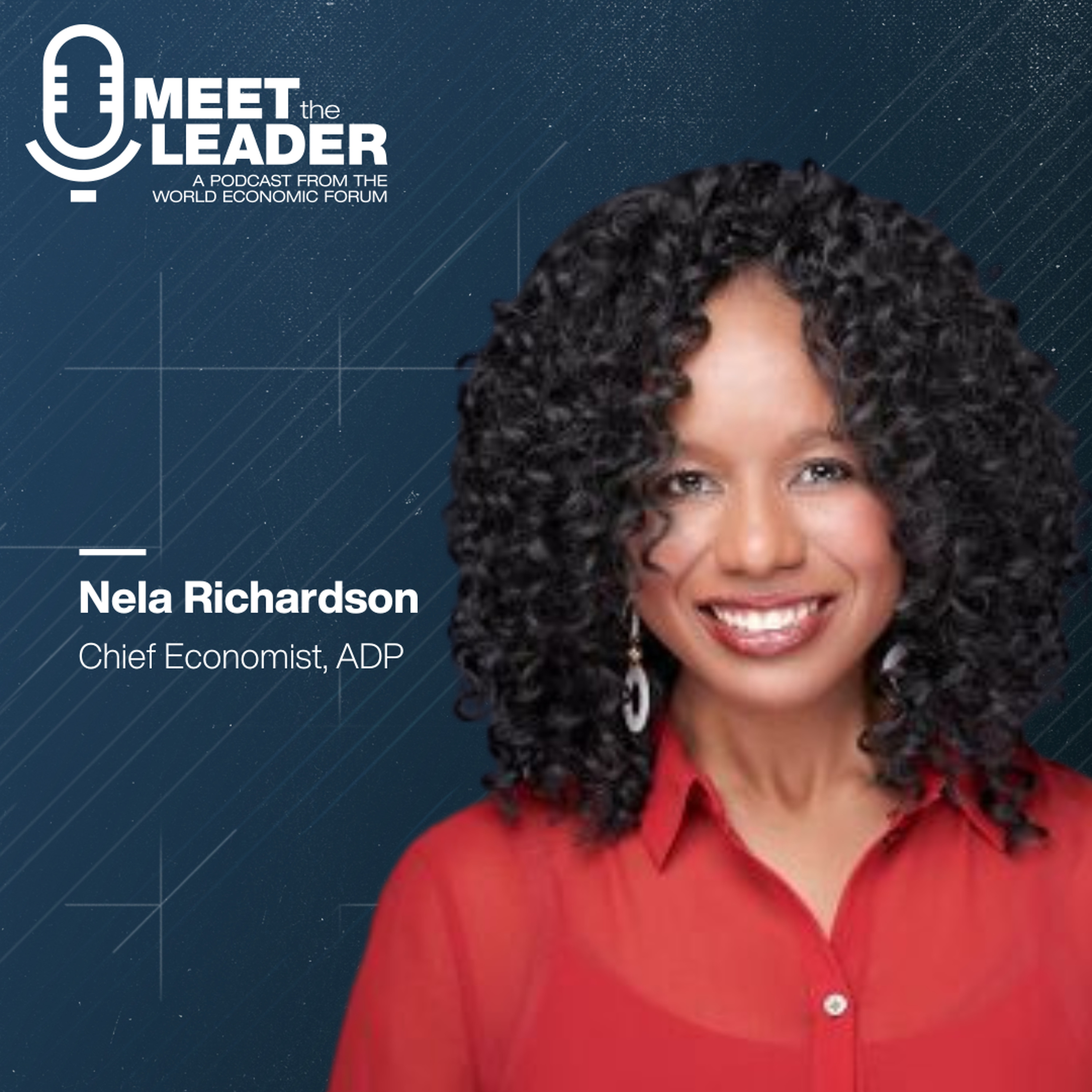
2025 is a ‘pivotal year’ for job transformation - How leaders can prepare teams for the future of work: ADP’s Chief Economist
World Economic Forum
Deep Dive
- Shift from job-centric to task-centric view
- Focus on skills and skill transition
- Future analysis will center on tasks, skills, and productivity
Shownotes Transcript
Changes in demographics, technologies and geopolitics will create a net 78 million new jobs by 2030. But current workforces are not yet skilled for these jobs and 40% of the skills needed on the job are set to change. ADP’s Chief Economist Nela Richardson breaks down research from the latest World Economic Forum Future of Jobs report and key findings from ADP data - including the dramatic boost to wages upskilling could bring to some workers. She’ll explain why experts might soon be focused on task creation, not job creation, what soft skills will be valued more than ever and how leaders can help prepare their teams for a new future. She’ll also share lessons learned from her own professional journey including how competing on her high school debate team has shaped how she communicates and connects with people to this day – and the two words she uses more than any other as a leader. About this episode: ADP: ADP Research Institute: Future of Jobs Report: Related Podcasts: Upskilling, tapping human talents, and what's really needed for the future of work: Cognizant CEO Ravi Kumar: